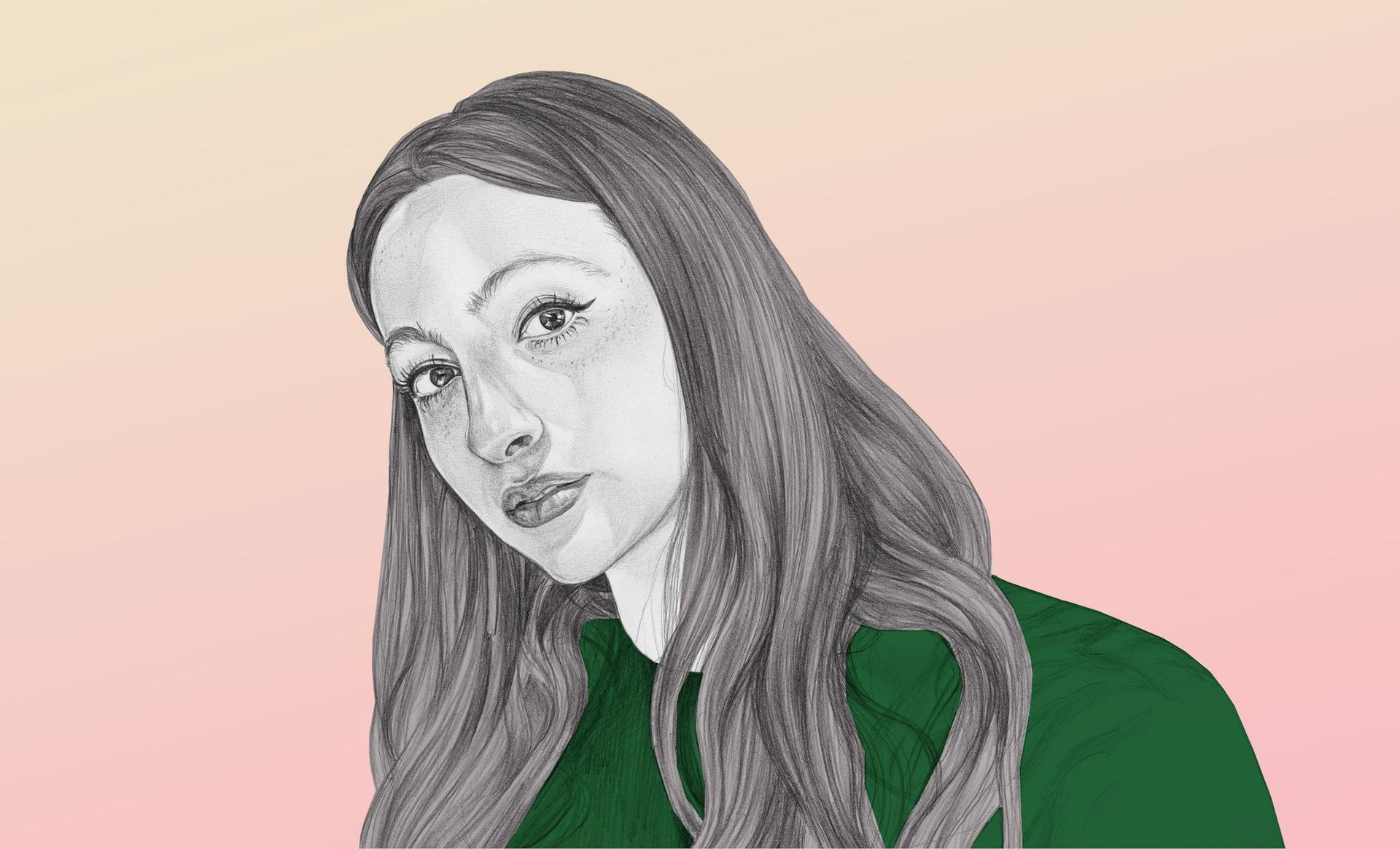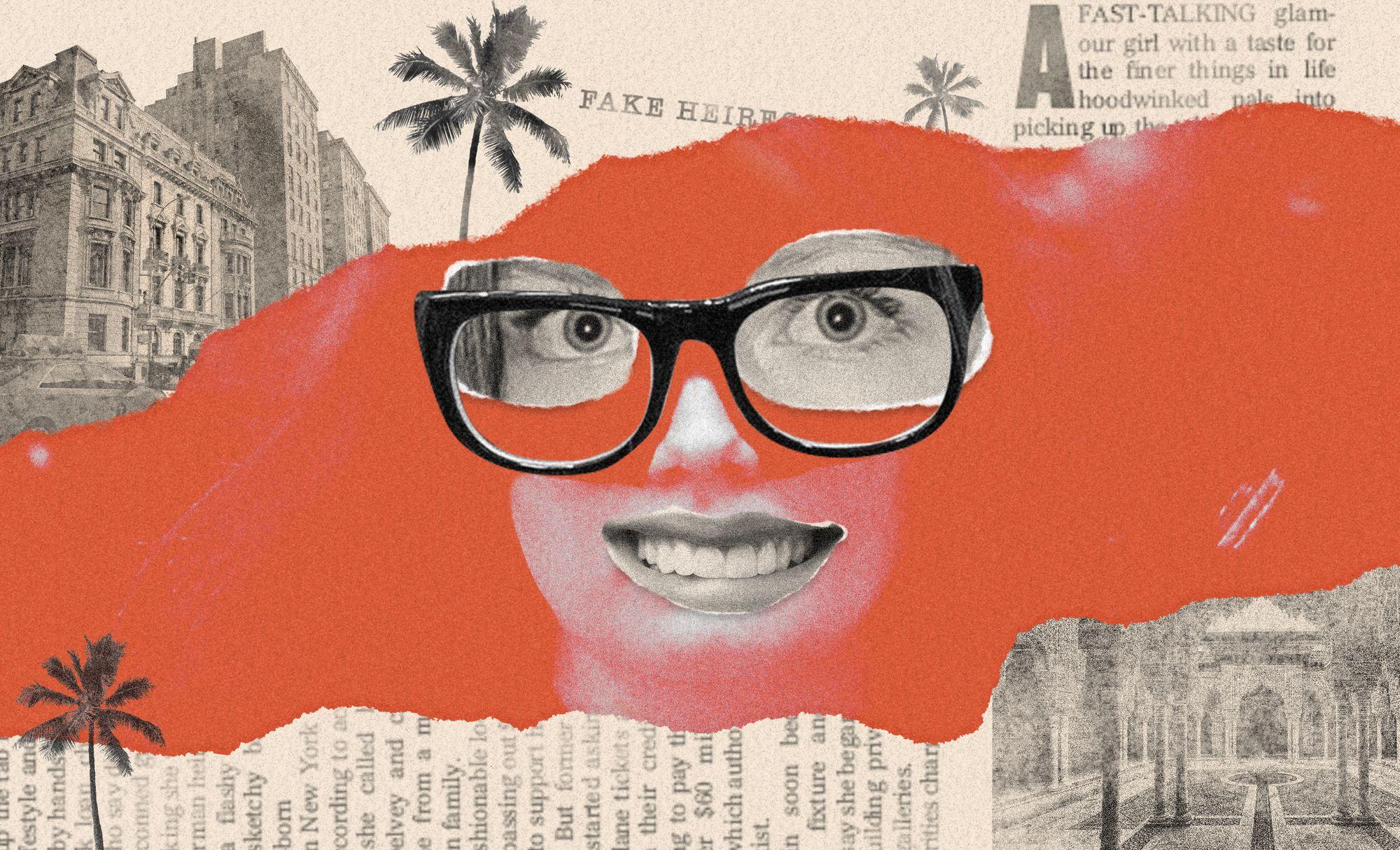
Money Diaries
How I was Conned by the “Fake German Heiress”
Rachel DeLoache Williams’ relationship with Anna Delvey began over drinks and infrared saunas, but it ended with a $60,000 bill, a grand jury, and a new understanding of friendship and financial crime.
Wealthsimple makes powerful financial tools to help you grow and manage your money. Learn more
Wealthsimple is an investing service that uses technology to put your money to work like the world’s smartest investors. In “Money Diaries,” we feature interesting people telling their financial life stories in their own words.
I read somewhere that it's easiest to be conned while doing something you know well because you're overly confident. Someone who didn't book travel all the time for work, or wasn't used to holding large sums of money on her credit cards and then being reimbursed, would have balked at what I did. But I worked at Vanity Fair, where photo shoots were confirmed two days in advance and everybody needed to be on a flight that night and I would make it happen. Then plans would change and suddenly I’d need to move everything. I was used to working with people who were erratic.
It was early in the spring of 2017. I had gotten to know Anna Delvey well over the previous couple of months, though we weren’t exceptionally close. She had this idea to take a vacation to Morocco. She needed to reset her visa again, she said, and to do that she needed to leave the United States. And she invited me. I already had plans to go to France for work and so I found a way to build in a couple days of vacation. Anna was also planning to do a documentary film during the trip. It was going to be about her foundation, something sort of vague, but that was Anna. I was excited.
The morning we were supposed to leave — a videographer, a personal trainer, Anna Delvey, me — the flights hadn't been booked. I just figured Anna didn't care about booking in advance to get a good rate on the flights because money wasn't a concern for her. That was May 12. Anna could be aloof and I had come to inhabit this involuntary role as the Anna whisperer. It was so second nature for me to be the planner that I didn't think it was unusual.
I started texting flight options and she texted back. "I'm in meetings and I keep being interrupted, can you help finalize the flight booking?” She said.
Of course I was happy to help. I said, "Sure, with what card?"
Anna seemed sincerely happy whenever she could act generously, like when she was buying people drinks in a bar. I think it gave her pleasure to be magnanimous, but mostly to be liked. I think she wanted to be the character that could do these things.
She texted me two images, the front and back of a debit card. I picked the cheapest flights possible for everything — it had a six-hour layover in Lisbon. It was about $4,000. The booking seemed to go through but then I got a phone call from a travel agent who said the card had been declined. Anna told me that the hotel she’d booked had used that card to preauthorize her reservation for a substantial sum, so she needed to raise her spending limit. Again, it made sense. I asked her to just call me when it was done.
She said, "OK, I'm in a meeting."
A little while later she sent me a text that said "The travel agent called me and said they're leaving in 10 minutes.”
I don't understand how that made sense to me. I guess I imagined that the travel agent was based in Europe. In hindsight, were there red flags? Sure. But within the fabric of Anna's character, they made sense. That is a testament to her skill, I suppose. One of Anna's methods was creating false feelings of urgency, because when people are under pressure, they don't think as rationally.
I didn't have any reason not to believe her at that point so I said, "OK, should I use my card and you'll pay me back?"
She replied, "Only if that's OK with you." She said she'd pay me back in Morocco.
And that's how it started.
I met Anna in 2016. I had been working at Vanity Fair for about six years at that point. I was out with a group of friends who worked in the fashion industry, at a lounge called, ironically, Happy Ending. Anna arrived late. I had seen her in pictures with girls I knew, and I had looked at her Instagram and saw that she had over 40,000 followers, which piqued my curiosity. She had interned at Purple magazine so I thought she was on the fashion scene. It implied a degree of legitimacy. Someone in the group introduced us. Anna was slightly odd, she had an unexpectedly high-pitched voice and a strange way of talking. You kind of just found yourself watching her.
I learned that she had family money, a trust fund. She was apparently using that money to build the Anna Delvey Foundation, which was going to be this large gallery space with a members-only club, a bakery, a bar, and they would do collaborations between chefs and artists. The idea was actually very impressive. I admired her ambition. After that first meeting, I saw her fairly often that year, usually in a group. But by the end of the year, she had left the country. I don't actually know where she went, I think back to Germany because as far as I knew she was a German citizen and could only be in the U.S. for three months at a time.
Then one day in February 2017 she returned.

Sign up for our weekly non-boring newsletter about money, markets, and more.
By providing your email, you are consenting to receive communications from Wealthsimple Media Inc. Visit our Privacy Policy for more info, or contact us at privacy@wealthsimple.com or 80 Spadina Ave., Toronto, ON.
I had just broken up with a boyfriend. It was a transitional time — I was still in the same job I had held for years and which I loved, but I had kind of plateaued. And a lot of my other friends were leaving New York or getting married or having kids or buying condos and I felt kind of isolated, both physically and in my friendships. She sought me out as a friend, which I was surprised by but also flattered by and grateful for. Anna reappeared at just the perfect time.
She was living at 11 Howard, a boutique hotel between where I worked at One World Trade Center and my apartment. At the beginning, we met for activities I could afford and I expected to pay my share. She invited me to start working out with her personal trainer. I think a session for two was like $80, so it would be $40 for my share. And we used to go to the infrared sauna a lot — that was around $40 each, too, and we took turns paying, depending on who made the appointment.
But very quickly — because this was a condensed friendship — Anna started to seek out more and more expensive things for us to do. She found a $300 per session personal trainer, or she would book these very expensive haircuts, or eyelash extensions, or shopping. And she would invite me to the fancy-pants French restaurant in 11 Howard called Le Coucou, or we would go to another lounge there called The Library.
There is this metaphor about the frog in the pot — put a frog in hot water and it'll jump out; but put the frog in lukewarm water and heat it slowly, it will stay. At first I would reach for my wallet and pull out my credit card, fully expecting to pay. But Anna consistently pushed my card away and said, "You work harder for your money than I do." She was very convincing. I appreciated her generosity.
I certainly wasn't making that much money. I loved my job and I viewed it as an investment. I was working with people who were at the top of what they did. I just felt really lucky to be a fly on the wall. When I started at Vanity Fair I was only just able to afford to live in New York on my salary. I stuck it out because I loved it but I wasn’t saving any money. I was living paycheque to paycheque. I think I had between five and seven thousand dollars in debt when I met Anna. So a hundred dollars was a big impact on my budget.
I was born and raised in Knoxville, Tennessee. I am the oldest of three kids. My parents are clinical psychologists. We weren't the wealthiest, but we were fine, and lived in a nice neighbourhood. I went to public schools. It felt safe. It was an idyllic place to grow up. Manners were a big priority in my house. My parents really wanted us to have an eye towards people around us, to be considerate of others and courteous and respectful, not just to people who were older than us but also to our peers.
Anna and I were an unlikely pair, but I think we actually balanced each other out. It's partly my upbringing but also just my temperament. I'm sort of shy and outgoing at the same time. I am almost over-concerned about making sure people around me are happy and comfortable and have what they need, to the point where it's probably annoying. I think Anna challenged me to care a little bit less about what other people thought of me and a little bit more about what I wanted to do. Our values didn't really align and often times she would push boundaries in a way that I wouldn’t, but I still admired her boldness and her independence.
So the morning we were supposed to leave for Marrakesh, I booked all the flights. Then we shared an Uber to the airport. It was $150. She said "You can just add it to the invoice for what I already owe you." At the airport I checked in by myself. Then I saw that Jesse, the videographer, was having an issue. Jesse had equipment that had to be checked and paid for. Anna had apparently accidentally checked her clutch with her credit cards in it. Of course she had her passport — I figured she must have kept those things separate. She asked if I could pay for the videographer's baggage, which I think was around $200. It feels like I’m nickel-and-diming, listing all these expenses. I don't normally look at money that way, but this became very important.
When we got to Marrakesh we were greeted by a VIP airport service from the hotel — La Mamounia. There was a wall around the entire perimeter and an enormous palace in front of an enormous garden. I'd never been to North Africa or anywhere like it. I was mesmerized. Men in traditional Moroccan attire opened the door — fez caps and capes. It was this grand welcome. We got a quick tour and then someone showed us to our villa, which was called a “riad” and cost upwards of $7,000 USD per night. I think we were all starry-eyed.
We stayed in the hotel the entire first day, and the next day, and then half of the day after that. But by then we were getting a little restless. Of course now I see that Anna liked to be in situations where she could charge things to her room. When we finally ventured out, we discovered Anna’s credit cards weren’t working. I asked if she told her banks she was traveling and she said no. So I started paying for everything. I paid $1,300 for caftans she bought, and then dinner.
A few days before we left, we took an excursion to the Atlas Mountains. When we got back there were two managers waiting for us in the lobby. The managers followed us to our riad and stood ominously in the living room, not saying anything, just waiting for Anna. When I went to bed they were still there.
The next day we had an appointment to see the Villa Oasis, where Yves Saint Laurent had lived with his partner Pierre Bergé. But the managers were in the living room again, asking where Anna was. I went back to Anna and got her to leave the bedroom and talk to them. Later, when I went back out into the living room I found Anna sitting with her phone on the table in front of her, not talking. I didn’t know what was going on.
The managers were silent, faces stern. I asked Anna if she got everything worked out and she said she was waiting for calls to be returned. She was really detached. It made me even more nervous. One of the managers looked at me and said, “We just need a card for a temporary block. Do you have a credit card?"
Anna gave me this wide-eyed look like, “Can we use your card for now?”
I was standing there with my wallet in my hand because we were about to go on an outing. I caved. The manager asked me to sign a pre-authorization slip, which he said was just for the temporary hold. In a panic I signed with a little scribble that would later become very important. Anna said, "Thank you so much for stepping in, not everybody would have done that. It will be fine.” She pretended to be embarrassed but really grateful — she made it seem like it was going to be OK. I think I kept looking for the good in Anna. That kept me optimistic — willfully optimistic — for a very long time.
At the YSL villa, there was a $1,600 donation required. Anna said she thought they could bill her through La Mamounia, but that wasn’t the case. Of course Anna had no functioning cards, as we had learned. So after the tour I went to pay but realized I didn’t have my credit card. I thought maybe I’d somehow left it at the hotel. We all piled into the van, along with the YSL director, and went back to La Mamounia to get it.
My card was still at the front desk, but they wouldn’t return it until Anna's payment came through. In a moment of desperation, I unzipped my wallet and took out my corporate American Express card from Vanity Fair, which is only for work expenses. I said, “you can physically hold this, but you can’t charge it.”
Then I ran back to the van and told Anna the front desk wanted to speak with her and I went back to the villa with the YSL director. But when he ran my card it wouldn’t go through. He called the number on the back of the Amex but that wasn’t working either. I was quietly led to a back room with the director and another man. The director looked at me and said, "How do you propose we resolve this situation?"
Recommended for you

Cult Animator Carson Mell Decided Making Stuff Was More Important than College
Money Diaries
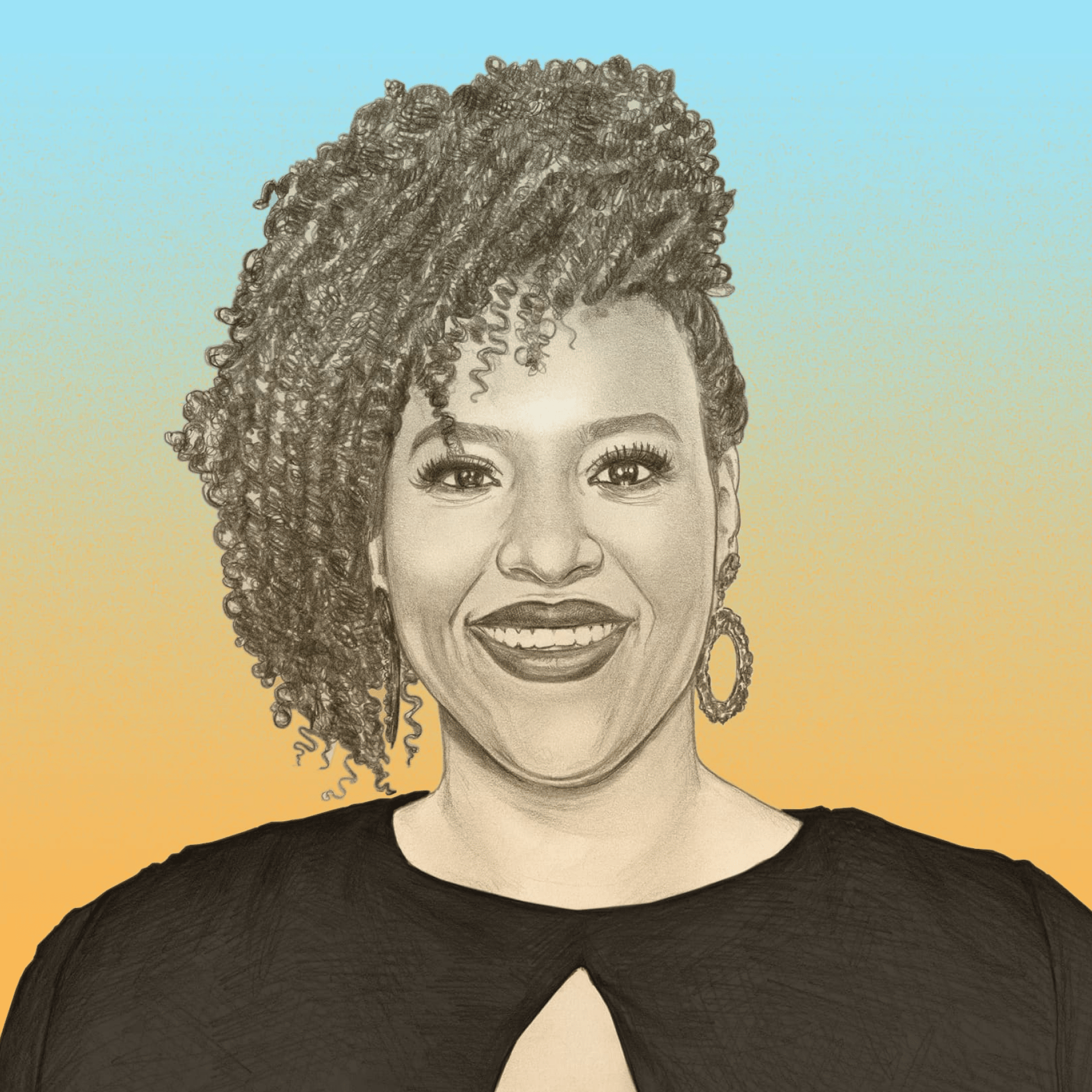
Natasha Rothwell's Character in “The White Lotus” Finds an Angel Investor. Her Real Life Didn't Quite Work That Way.
Money Diaries
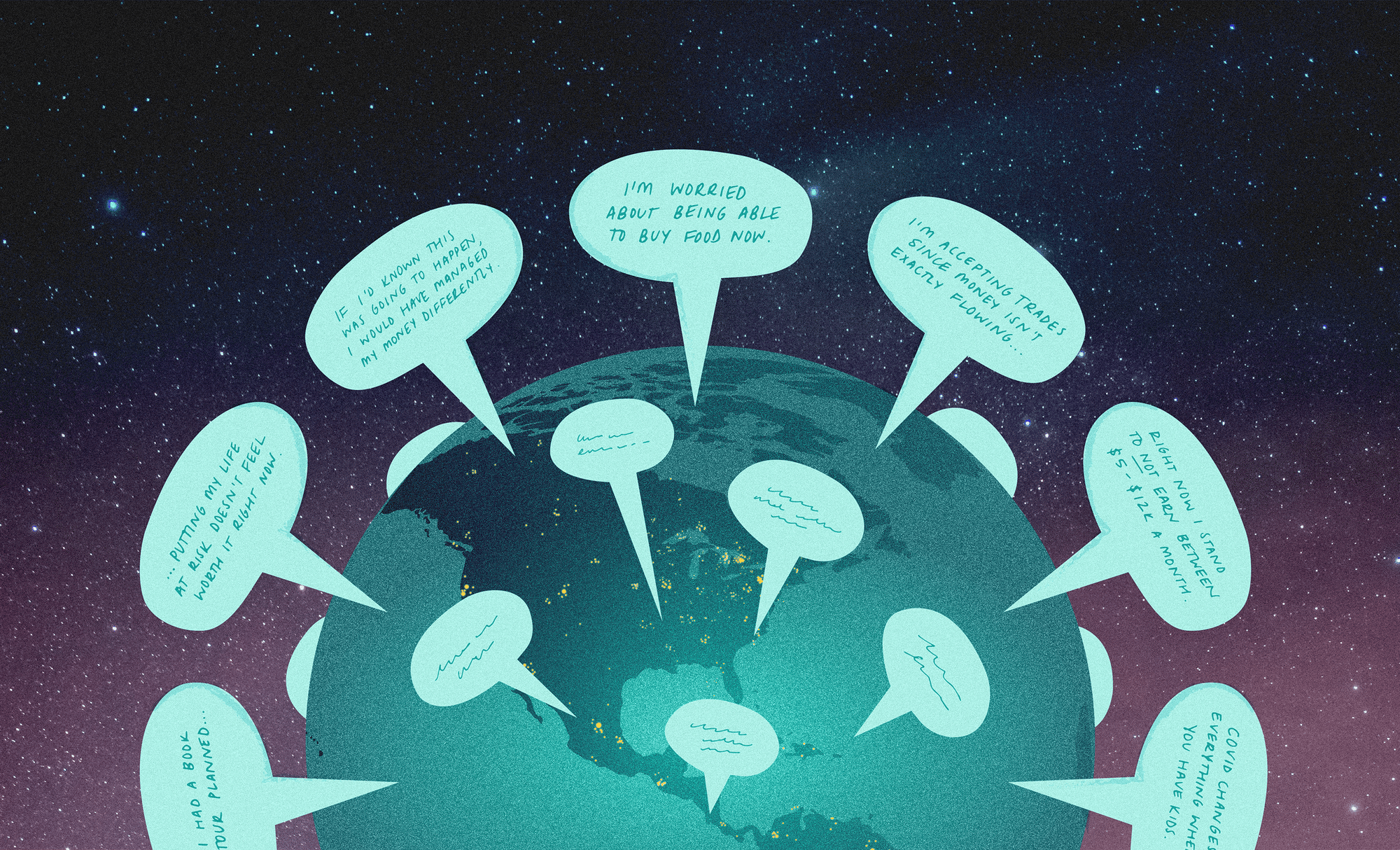
Pandemic Money Diaries — Panic at Trader Joe’s Edition
Money Diaries
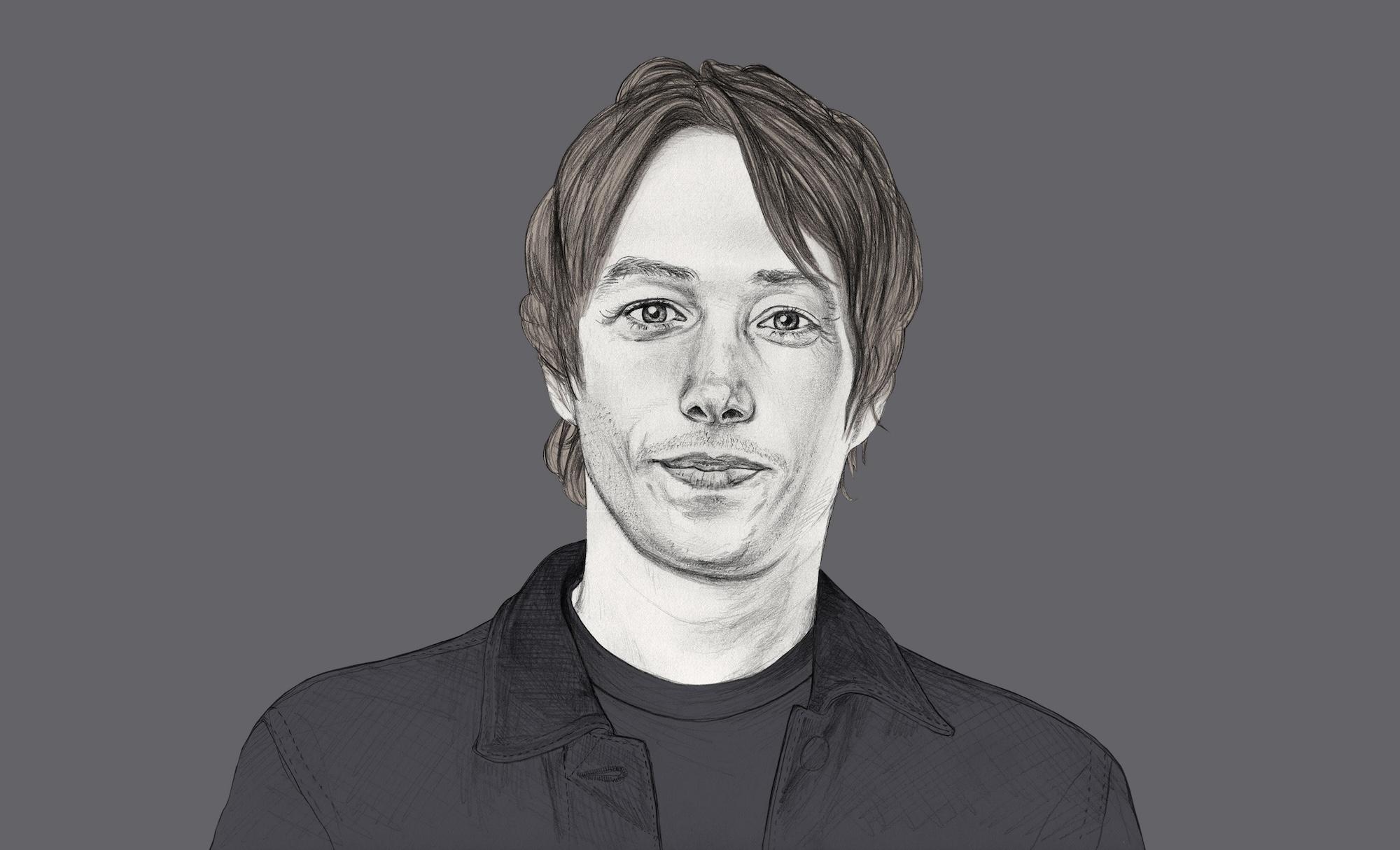
To Win Four Oscars, Sean Baker Had to Go Broke Again and Again
Money Diaries
I could feel my heart beating in my mouth. I was aware of myself as a young woman, alone in a foreign country where my cell phone didn’t work. I was panicked but focused on how I was going to get out of that situation.
I told him I had to make an international phone call. I got through to American Express and explained the situation. It must have sounded like the craziest thing. The man said, "American Express doesn't have spending limits but we do track spending patterns and responsible lending has flagged your account because a charge from La Mamounia just went through for $30,000 …”
I knew it was a temporary hold so I said, "Oh that's just a block. It's not going to stay there. Don’t worry that's not real.”
He said, "Ma'am, how much money do you need to get safely out of Morocco?"
I said, "Well I have to pay them $1,600 and then, I don't know, I need like $1,000..?"
He raised my spending limit. By that point I was choked up. I was angry to have been back there by myself, to have been put in this position. But it was my final day in Marrakesh, I was leaving early the next morning. I just wanted to get through the day.
The second we got back to the hotel I went to my laptop and added up all of the expenses — the caftans, the meals, the visit to the YSL garden, the private tour we took, and the one-way flights I'd booked for all four travellers. I sent Anna an email with my bank account information so she could wire reimbursement. The total was a little over $9,000, I think. There was a part of me that was worried about that $30,000. But I was told it was a temporary hold, and would be canceled out.
The next morning, on Friday, I left. Anna told me she'd wire the money on Monday.
I landed in France to a text from Anna asking if I made my flight. I asked her if the hotel had charged my card and she was like, "I'm emailing you about that, the manager stopped by and wanted your contact info for the thank you note." I can’t remember her exact words, but she said, basically, “He’ll send you the final bill for your reference. Do you want the whole amount wired to your bank account or to Amex?”
She was saying that the whole charge would be on my card. My head was spinning. But she did this smart thing where she asked this question so that I would respond to that instead of being like “whoa, rewind.”
I said, “straight to my bank.” And then immediately afterwards, “I don't think the whole bill is going to go through on my card. I'm worried that's not possible.” But she just kind of ignored that and said, “I'll wire you $70,000 to make sure everything is covered. I'm so sorry. Thank you again for your help.” She said she’d send the wire confirmation that day. I was worried, but part of me was just so happy and relieved to be on my own, to explore and do what I wanted. Especially in contrast to the way Marrakesh had played out, where I was beholden to Anna's desires, her plans, her agenda, and then her mess.
Early the next week I saw that La Mamounia, unable to put the remainder of the charges on my personal card, had taken it upon themselves to charge my corporate card.
I felt my stomach sink.
Anna had said she was going to reimburse me so quickly that I could apply the reimbursement to Amex before anybody noticed. But the stakes had increased. Anna was in touch before I even had to ask. She said, "Confirmation should be coming today."
I trusted her. To some extent I think Anna believed her own lies. But a week turned into two weeks. Anna was still traveling so I thought maybe she was just having trouble while she was on the road. I kept justifying the delay. Two weeks turned into three weeks. I started to panic. The minimum payment due on my personal credit card was about $2,000. I was late paying. I had to ask my boyfriend at the time for a loan so I could pay my rent.
And the next payment due skyrocketed to $36,000. I started losing sleep. My text messages turned from painfully polite to, "Anna, I'm very worried, I can't sleep, can you please reassure me that this is going to happen today?" But she had so many excuses — red tape or a problem she didn't know about. And she'd say, “But it should be resolved now. I'll forward the confirmation when I get it.” A wire can take up to 72 hours. It bought her time.
I thought she was having a breakdown or that she was scared of telling her parents what she had done because they might cut her off. I had all these theories about why this could be happening. I was scared of going to a lawyer because I didn't want to involve my friend in a lawsuit. I thought once reimbursement was issued it was going to be over fast. I kept thinking “today it's done,” and then, “tomorrow it's done.” And it just went on and on and on. I think it was in early or mid-June when I asked the question aloud for the first time: what if she never pays me back? I remember sobbing and thinking, “well I'll never be able to buy a house, I'm never going to be a real adult. I won't be able to have kids, this is where I am, this is it.”
I started asking mutual acquaintances what Anna’s deal was. Because she had told the same story so consistently to so many people her fake backstory checked out. Everyone had heard the same lies. They confirmed them as true.
By August I went to the police. I was told that there was nothing they could do because it happened in Morocco. Then I was told, “With your face, you could start a GoFundMe page to get your money back." I got out of there as fast as I could and started sobbing.
Everything was unraveling for Anna. She kept showing up to the trainer's apartment ostensibly with no place to go. So the trainer, me, and another friend had what we called an intervention. We sat Anna down to try and get some truth, to try and figure out how to reach her family, to try and help her. We thought it’d be harder for her to lie in person than it is over text message. She didn't have any of the normal responses I think a friend would have had. She didn't show any remorse, she wasn't sorry, she wasn't apologetic. Her behaviour was sociopathic. She was crying but she was sad because the tabloids had come out that day calling her a "wannabe socialite" and she was offended by how they had characterized her as a party girl when she wanted to be taken seriously.
By the time I left that night I realized it was all a long con, none of it was true. And the next day I contacted the district attorney. I learned that in fact Anna was a confidence artist, and that there were more victims. At the end of the month I testified in front of a grand jury.
Anna, I learned, was born in Russia, and came from a modest background. Her birth name was Anna Vadimovna Sorokina.
I found out then that she had been conning hedge funds and banks as well. The fact that she was able to do this to business institutions who had very clear background checks and systems in place to prevent this kind of fraud, the fact that she was successful in doing that was, I think, a testament to how good she was at what she did.
Anna had a court date in September that she didn't show up for.
The money was still an enormously stressful factor. I had taken loans from a family friend and a loan from my boyfriend just to afford my living expenses. After I went to the DA's office the first time they suggested I dispute the charges through American Express, which I did, but while that was being investigated my card was frozen. And if Amex decided the charges were legitimate, I was going to have to pay them.
And I did help the DA's office figure out where Anna was. She was in rehab, in Malibu. I was going to be out there for work soon. The next step was setting up a sting.
The day I was supposed to meet her, for the sting, Anna asked me to pick up vodka and smuggle it into her rehab. She just completely ignored the hell she had put me through. I think she has a fundamental inability to feel compassion for other humans.
The sting worked. I didn’t end up meeting her that day.
She was arrested in October 2017 and then arraigned.
Anna's trial took place in March of 2019. I thought it would never go to trial, but it did. And I testified. It was terrible.
I wrote a story about my experience for Vanity Fair and it had been optioned, in June, by HBO. Two days later I got a book deal. From those deals I was able to repay my debts while still contesting the hotel bill. But because I had gotten a book deal and a movie deal, Anna's lawyer challenged my character. He did his best to make it seem like I was an opportunist and that I had an incentive to make things more dramatic. It was extremely frustrating and demoralizing. I wanted to defend myself but didn't want to sound defensive. Meanwhile, Anna got a stylist and was showboating for the court audience.
Anna’s verdict on the counts related to me came back not guilty. It was devastating. The prosecutors, who were wonderful, told me that the jury might have split the proverbial baby. Anna was found guilty of eight charges, including attempted grand larceny in the first degree, grand larceny in the second degree, grand larceny in the third degree, and theft of services. Anna is going to prison for four to 12 years.
Do I think that Anna ever actually wanted to be my friend? I do. I think she's lonely. But I think friendship was useful to her. I think it's all about what's useful.
I am more aware of my impulse to trust people now. I can't change that, and I wouldn’t want to. I think it's natural to want to trust people and to look for the good. I think that’s a positive quality. But, as Maya Angelou put it, “When people show you who they are, believe them the first time.”
Rachel DeLoache Williams is the author of My Friend Anna (July, 2019).
As told to Genevieve Walker exclusively for Wealthsimple; transcript edited and condensed for clarity. Article originally published August 13, 2019. Illustration by Sammy Yi.
Wealthsimple's education team is made up of writers and financial experts dedicated to making the world of finance easy to understand and not-at-all boring to read.





